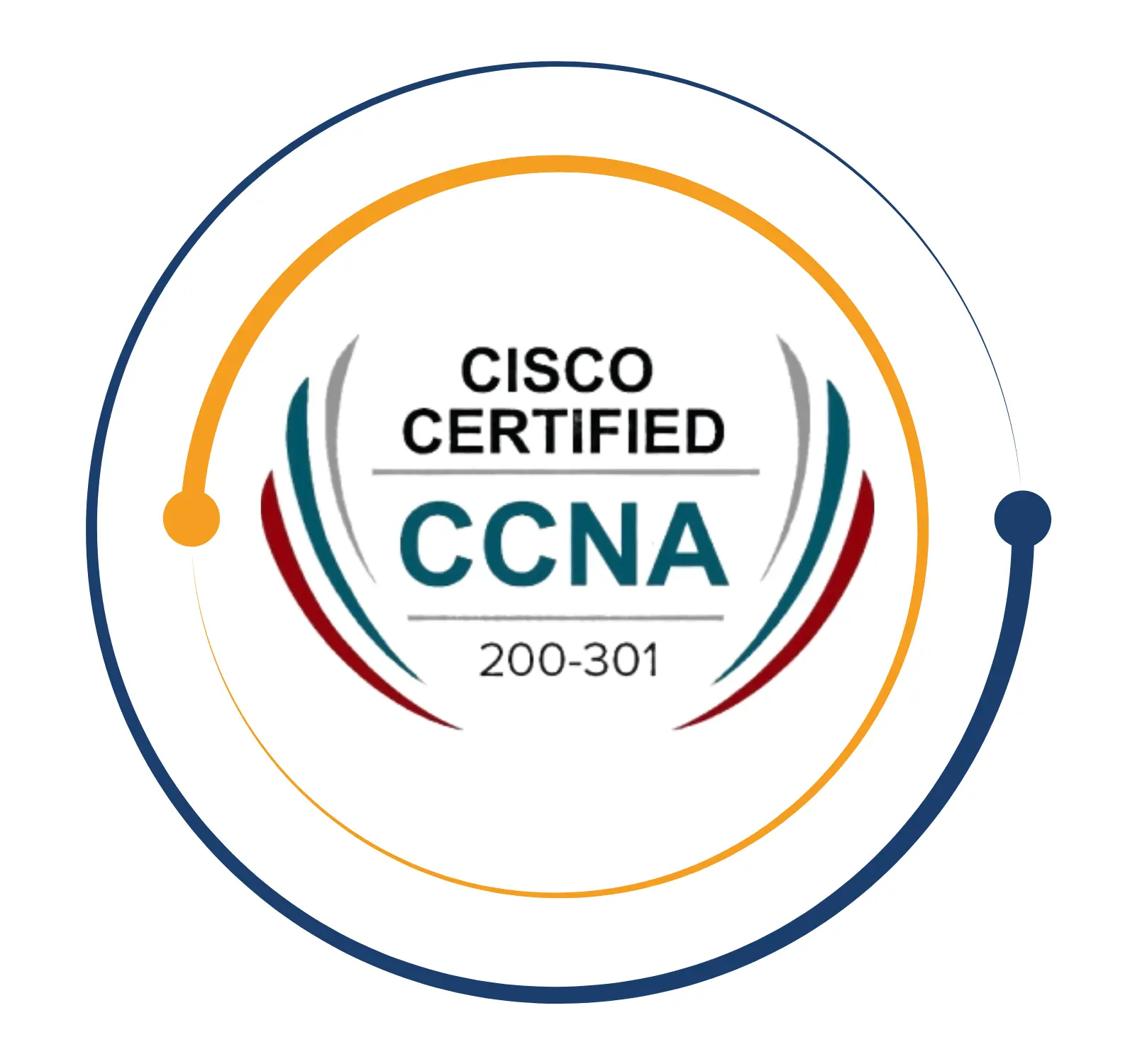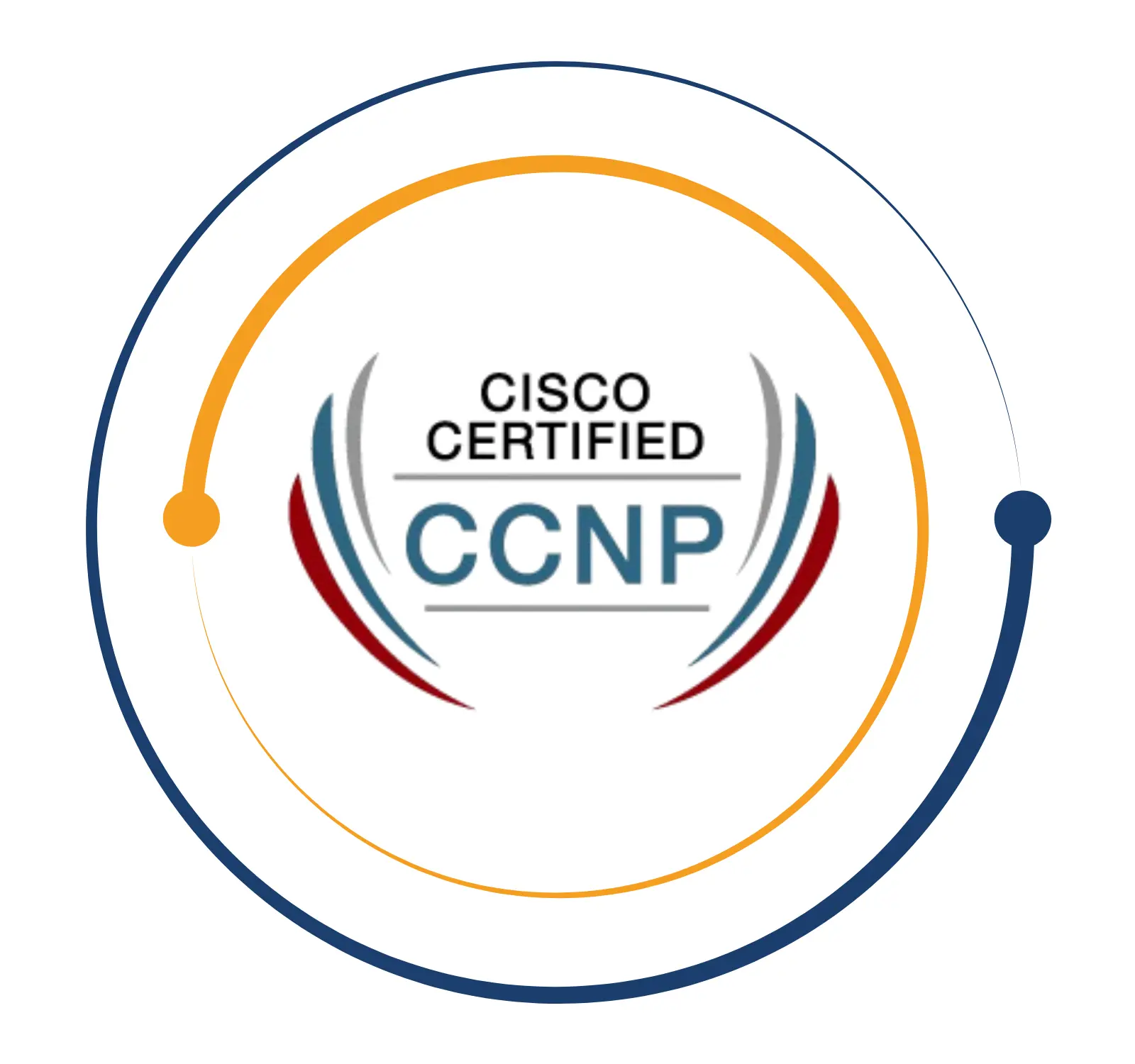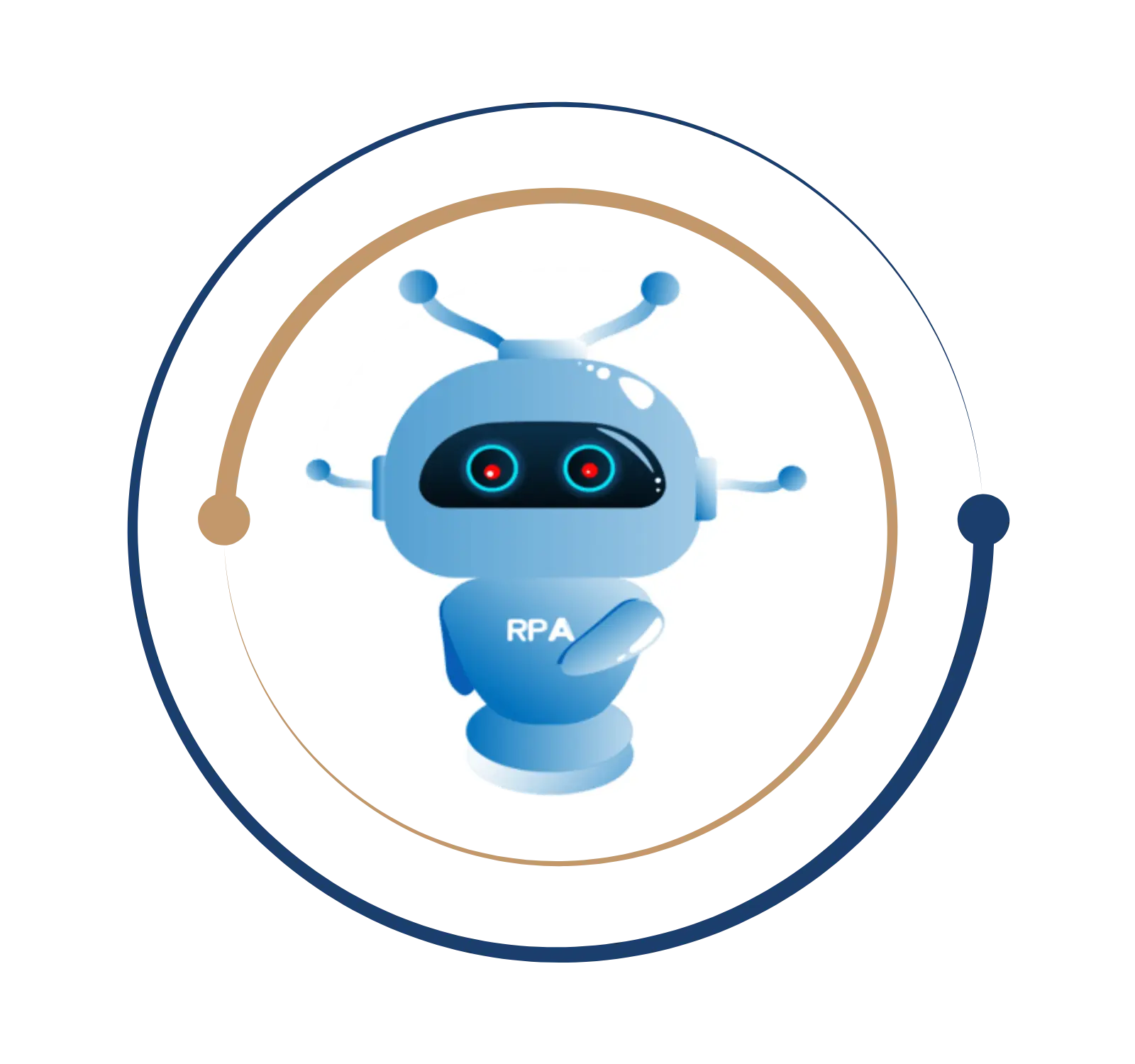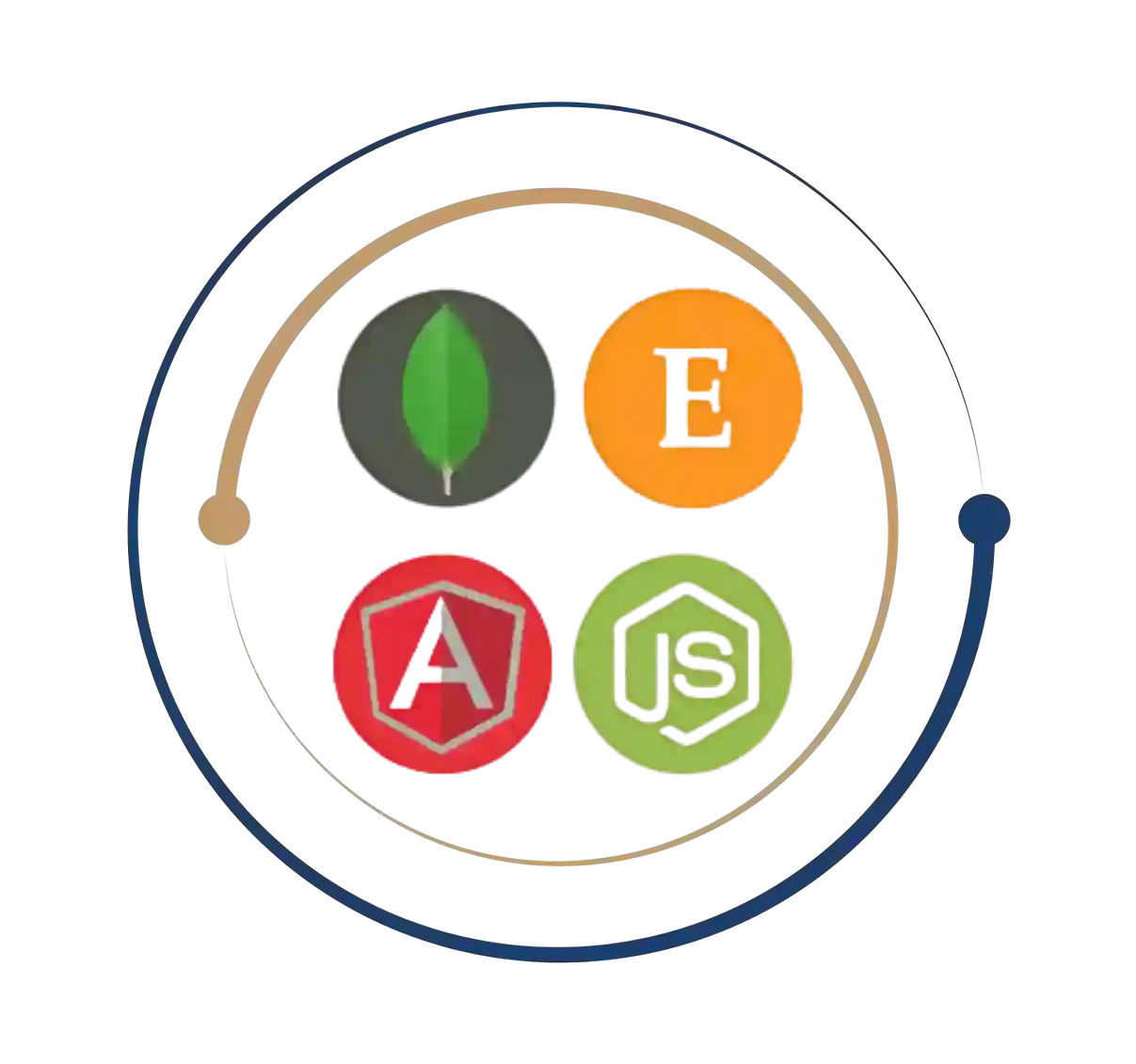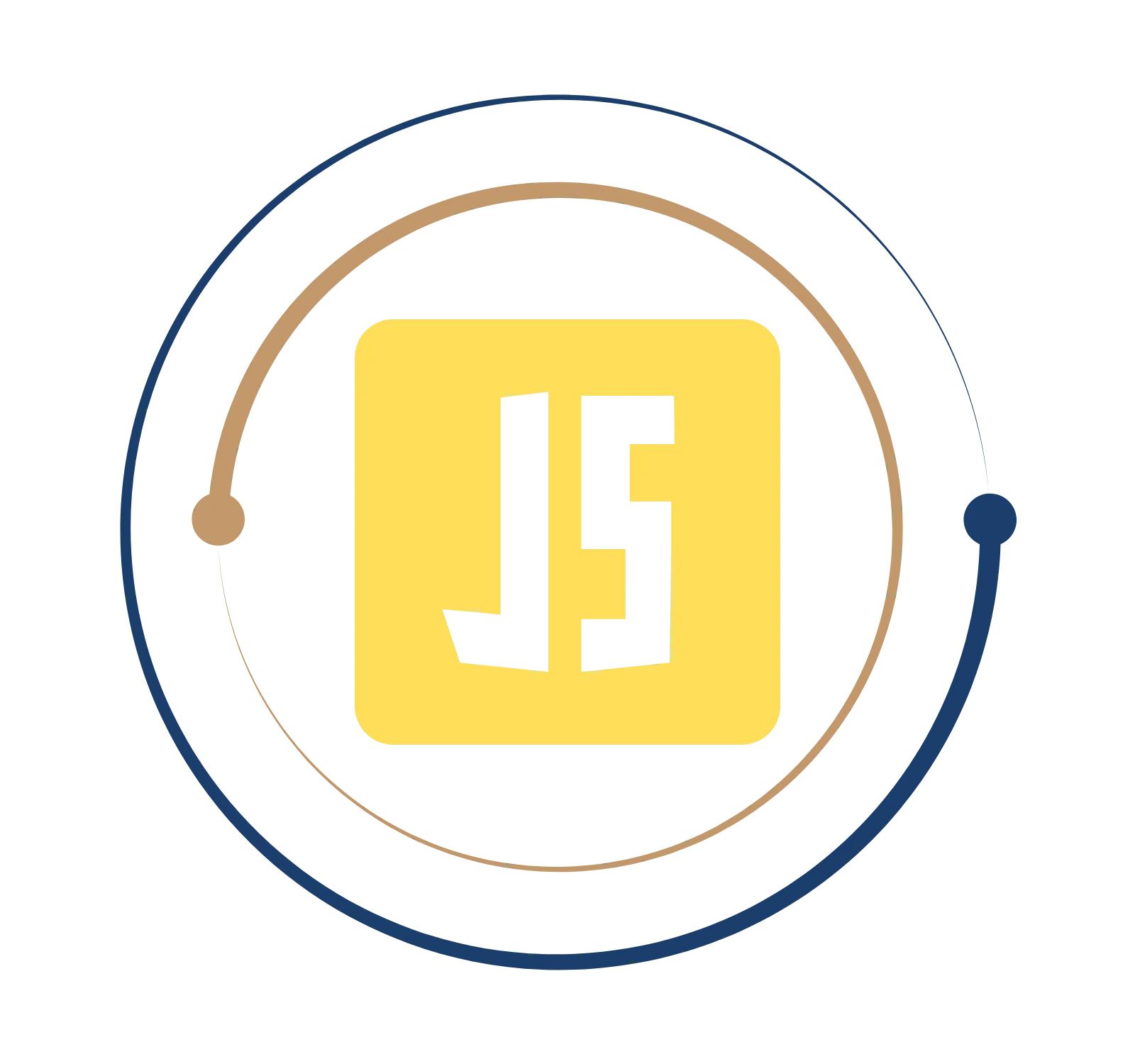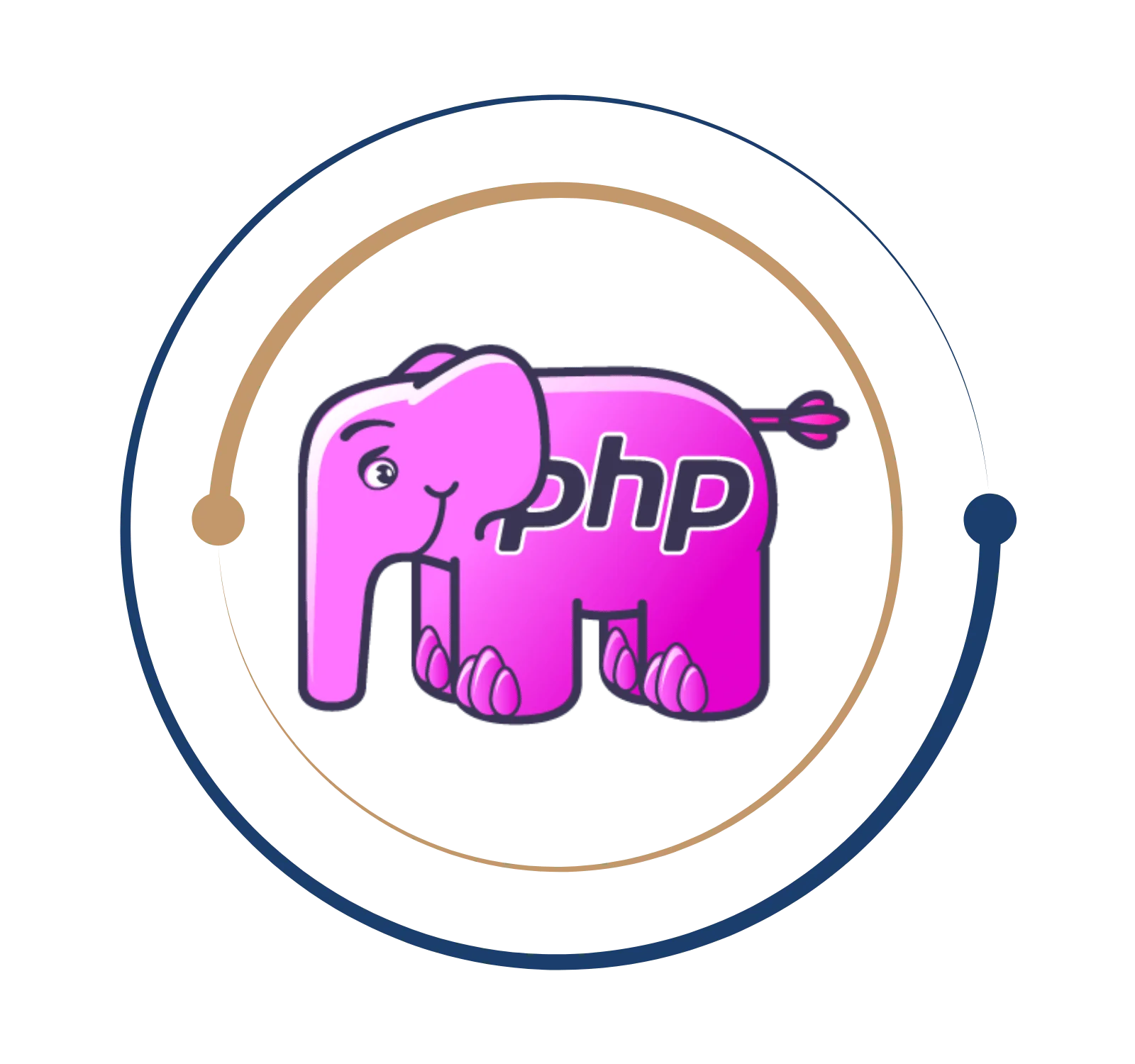Unlock the power of scripting with expert PERL programming
PERL Training
BITA Academy provides the best PERL Training in Chennai, allowing you to accomplish various tasks with PERL. Anyone with basic coding skills should take this course. In our PERL Training, you will study both the fundamental and advanced levels of scripting. You will master the most powerful regular expressions, and once you are an expert, you can accomplish anything. Objects in PERL are reference-based, and you will learn more about this when you take our PERL Training Classes in Chennai. PERL is faster than Python and enables the creation of short scripts. It is still used on huge websites since it includes shortcuts for writing scripts faster.
What is PERL?
Larry Wall created Perl, a high-level, general-purpose programming language, in the late 1980s. “Perl” is an acronym for “Practical Extraction and Reporting Language.” Perl was originally intended to be a text-processing language with powerful features for altering and extracting information from text files.
Perl has evolved into a versatile programming language that can be used for various tasks, such as system administration, web development, network programming, database management, and more. Its success stemmed from adaptability, expressive syntax, and substantial library support.
Key Features of PERL
- Perl contains excellent built-in text processing and manipulation tools, making it suited for jobs such as pattern matching, string manipulation, and regular expressions.
- Perl is a compact and expressive syntax that allows programmers to construct more readable and versatile code. It has a large number of operators and constructs that help to simplify complicated jobs.
- Cross-Platform Compatibility: Perl runs on a variety of operating systems, including Unix/Linux, Windows, and macOS. It has strong cross-platform compatibility, allowing Perl programmes to run in various contexts without requiring major changes.
- Perl is noted for its scalability, allowing developers to create simple scripts and large-scale programmes. It allows for modular programming, object-oriented programming (OOP), and code reuse.
- Perl contains a massive ecosystem of libraries and modules known as CPAN (Comprehensive Perl Archive Network), which allows access to a wide range of pre-built capabilities. Developers can use CPAN to leverage existing solutions and accelerate development.
- Perl strongly supports regular expressions, which are patterns used for text matching and manipulation. This functionality is useful for data parsing, pattern matching, and text processing.
PERL Training
BITA Academy provides the best PERL Training in Chennai, allowing you to accomplish various tasks with PERL. Anyone with basic coding skills should take this course. In our PERL Training, you will study both the fundamental and advanced levels of scripting. You will master the most powerful regular expressions, and once you are an expert, you can accomplish anything. Objects in PERL are reference-based, and you will learn more about this when you take our PERL Training Classes in Chennai. PERL is faster than Python and enables the creation of short scripts. It is still used on huge websites since it includes shortcuts for writing scripts faster.
Larry Wall created Perl, a high-level, general-purpose programming language, in the late 1980s. “Perl” is an acronym for “Practical Extraction and Reporting Language.” Perl was originally intended to be a text-processing language with powerful features for altering and extracting information from text files.
Perl has evolved into a versatile programming language that can be used for various tasks, such as system administration, web development, network programming, database management, and more. Its success stemmed from adaptability, expressive syntax, and substantial library support.
Larry Wall created Perl, a high-level, general-purpose programming language, in the late 1980s. “Perl” is an acronym for “Practical Extraction and Reporting Language.” Perl was originally intended to be a text-processing language with powerful features for altering and extracting information from text files.
Perl has evolved into a versatile programming language that can be used for various tasks, such as system administration, web development, network programming, database management, and more. Its success stemmed from adaptability, expressive syntax, and substantial library support.
- Perl contains excellent built-in text processing and manipulation tools, making it suited for jobs such as pattern matching, string manipulation, and regular expressions.
- Perl is a compact and expressive syntax that allows programmers to construct more readable and versatile code. It has a large number of operators and constructs that help to simplify complicated jobs.
- Cross-Platform Compatibility: Perl runs on a variety of operating systems, including Unix/Linux, Windows, and macOS. It has strong cross-platform compatibility, allowing Perl programmes to run in various contexts without requiring major changes.
- Perl is noted for its scalability, allowing developers to create simple scripts and large-scale programmes. It allows for modular programming, object-oriented programming (OOP), and code reuse.
- Perl contains a massive ecosystem of libraries and modules known as CPAN (Comprehensive Perl Archive Network), which allows access to a wide range of pre-built capabilities. Developers can use CPAN to leverage existing solutions and accelerate development.
- Perl strongly supports regular expressions, which are patterns used for text matching and manipulation. This functionality is useful for data parsing, pattern matching, and text processing.
Get Instant Help Here
A Perl certification confirms your language knowledge and expertise. It demonstrates that you have a thorough mastery of Perl programming ideas, grammar, and best practices. It’s especially handy when applying for Perl-specific jobs or projects that require Perl knowledge. A Perl certification can help you advance in your job. It shows companies or clients that you have spent time and effort learning Perl programming. It can lead to opportunities for advancement, wage rises, or even other career options. Comprehensive examinations or assessments that certify your Perl programming skills are generally used in the certification process. Passing the exam demonstrates your ability to solve issues, develop efficient code, and effectively use Perl ideas. Join BITA’s PERL Training and earn your certificate.
- PERL Certification Training
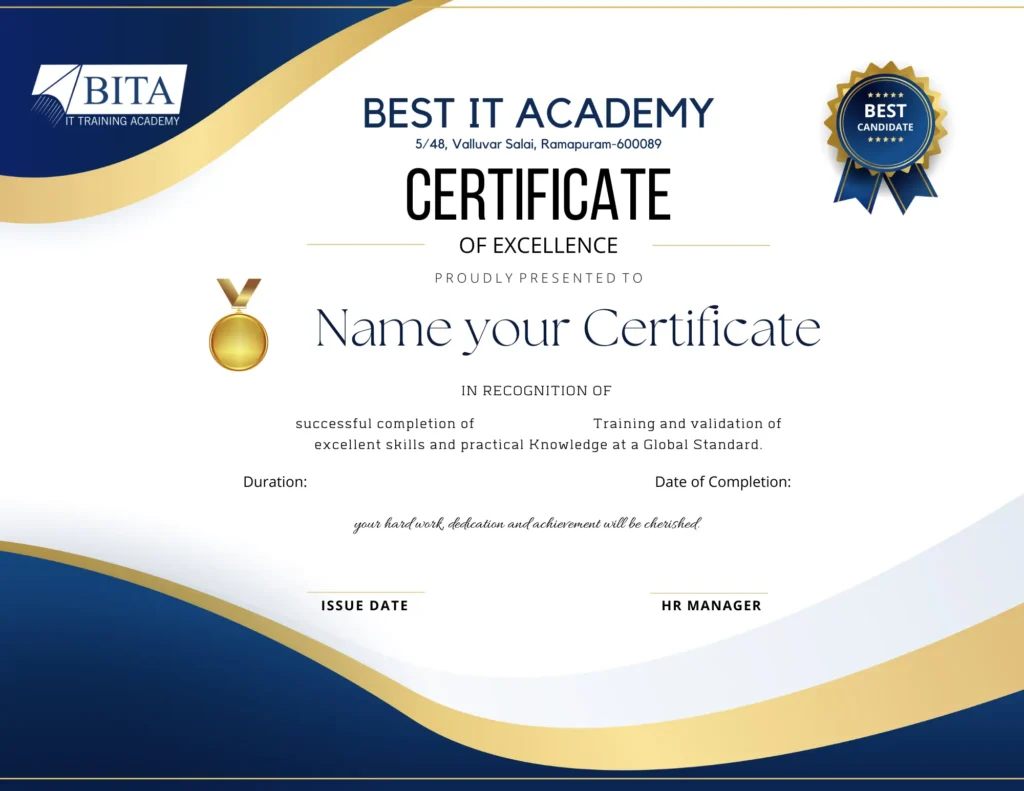
Perl is widely used in many organizations, notably those concerned with system administration, network programming, and web development. When applying for jobs that demand Perl skills, having a Perl certification can help you stand out. It can help you land jobs as a Perl developer, system administrator, software engineer, or similar positions. Many organizations already have Perl-based systems and applications. These systems may still require maintenance, upgrades, or occasional updates, creating a demand for Perl developers with the necessary abilities. Some businesses continue to utilize Perl for specific online applications, which adds to the demand for Perl engineers with web development experience. Perl Developer salaries in India range from 2.1 Lakhs to 18.9 Lakhs per year, with an average yearly pay of 6.8 Lakhs. Sign up for PERL Training.
Job you can land with PERL
What you will learn?
- History of PERL
- How to run PERL Scripts?
- Data Types
- What do you know about Basics of PERL?
- Assignments
- Standard I/O
- How to use the Print Function?
- Numbers
- Strings
- What do you know about Literals?
- Variables
- Deep Dive on Numeric Functions Interpolation
- What do you know about String Functions?
- Do you know about Conditional Statements?
- Difference between relational and logical operators?
- Control Loops
- Arrays
- Deep Dive on Built In Array Functions
- How to use Hashes as Arrays?
- Warnings
- How to use Diagnostic messages in PERL?
- What do you know about Carping, Confessing and Croaking?
- Strict Checks
- What do you know about Compiler Pragmas?
- How to use the debugging flags?
- How to use the grep operator?
- List
List Operators - How to initialise Hash and Arrays?
- Reference Syntax
- What do you know about Auto Vivification?
- Defined Values
- Other List Operators
- Do you know about the usage of map, grep and for each?
- Blocks
- Subroutines
- What do you know about Subroutine Prototypes?
- Deep Dive on Code Refs
- What do you know about anonymous subroutines?
- Difference between Local and Lexical Variables
- Closures
- How to use eVal Operator?
- Do you know to use block and string form of eval?
- Reviews and Packages
- How to use Begin and End Blocks?
- Symbol Tables
- Package Variables
- Do you know to call Package Subroutines?
- How to import and export Package Symbols?
- Do you know to use the exporter package?
- The Use Function
- Difference between Auto and Self Loader
- References
- How to make Perl Object Oriented?
- Do you know to use the bless function?
- How to call class and object methods?
- Do you know to define a class?
- Constructors
- Inheritance
- How to Unpack the Module Source?
- Build Step
- Test Step
- Install Step
- How to use CPAN.pm?
- Do you know to use module Documentation?
- What do you know about DB Program?
- Handles
- Do you know to connect to DB?
- How to create a SQL Query?
- Do you know to get the results?
- How to update DB data?
- Deep Dive on Transaction Management
- Conclusion
- How to perform Error Check in DBI?
- Do you know to get connected?
- How to use Parameterized Statements?
- Deep Dive on Statement Handle Attributes
- What do you know about Column Binding?
- The do Method
- How to install DBI Drivers?
- Different Types of Commands to be used
- Perl/Tk
- How to create a Perl/Tk app?
- An Overview of GUI Program
- How to add and scroll widgets?
- Do you know to configure widgets?
- Menus
- How to use FileSelect?
- Deep Dive on Geometry Management
- More about Frame Widget
- How to define widget callbacks?
- What do you know about Bindings?
- Tags
- Other Tk Commands
- How to extend PERL with C/C++?
- An Overview of PERL5 XSUB
- How to set up PERL Wrapper Class?
- Do you know to write XS Code?
- XS File
- XSUB
- How to Pass Arguments to XSUB?
- Do you know to embed PERL Interpreter?
- How to compile the Program?
- Do you know about perlmain.c?
- PERL Data Types
- Deep Dive on Macros and Functions
- How to manipulate Scalars?
- Memory Management
- Script Space
- How to evaluate PERL Expressions?
- Deep Dive on Dynamic Loading
- What do you know about Multiple PERL Interpreters?
Module Development and Distribution
- How to distribute Modules?
- Deep Dive on h2xs
- Unit Testing
- Versions
- How to use blib?
- POD
- What do you know about POD Translators?
Design and Implementation
- Object Oriented Design
- Library Modules
- Utility Programs
- Filters
- Performance
Weekdays
Mon-Fri
Online/Offline
1 hour
Hands-on Training
Suitable for Fresh Jobseekers
/ Non IT to IT transition
Weekends
Sat – Sun
Online/Offline
1.30 – 2 hours
Hands-on Training
Suitable for IT Professionals
Batch details
Week days
Mon-Fri
Online/Offline
1 hour
Hands-on Training
/ Non IT to IT transition
Sat – Sun
Online/Offline
1:30 – 2 hours
Hands-on Training
Why should you select us?






Why should you select Us?










